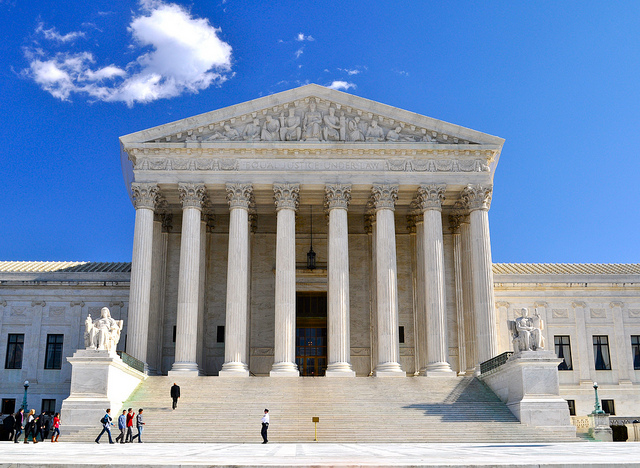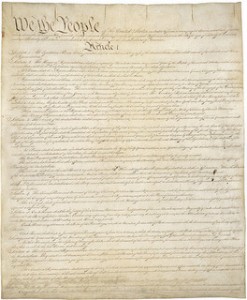We have two updates for you in the ongoing fight in Kansas for the right to keep one year’s worth of earned income tax credit in bankruptcy.
Kansas Bankruptcy Trustee Appeals
Earlier this month, the Bankruptcy Appellate Panel affirmed the Topeka bankruptcy judge’s ruling that the debtors could keep their EITC.  On February 13, 2013, the bankruptcy trustee appealed that decision to the 10th Circuit Court of Appeals in Denver. Williamson v. Westby (In re Westby), BAP No. KS 12-027 (10th Cir. BAP, Feb. 4, 2013). The trustee claims the new Kansas statute protecting the EITC is unconstitutional because it applies only in bankruptcy and not to debtors outside of bankruptcy. She seeks turnover of the money to pay trustee fees and creditors claims.
U.S. Supreme Court Rejects Similar Theory
An important legal development occurred this week that affects the Westby case.  The Supreme Court of the United States declined to hear an appeal of a lower court ruling that Michigan’s bankruptcy specific exemption is constitutional. Richardson v. Schafer (In re Shafer), 689 F.3d 601 (6th Cir. 2012), petition for cert. denied (U.S. Feb. 19, 2013) (No. 12-643).
The Michigan homestead allowance for bankruptcy debtors ($30,000 or $45,000 if over 65 or disabled) is substantially higher than the Michigan general homestead exemption ($3,500). Compare Mich. Comp. Laws § 600.5451(1)(n) with Mich. Comp. Laws § 600.6023(1)(h) (West 2012). The Sixth Circuit Court of Appeals rejected the argument that having different exemptions in bankruptcy that outside of bankruptcy is unconstitutional. It said Michigan’s higher homestead exemption for debtors in bankruptcy “actually furthers, rather than frustrates, [the] national bankruptcy policy†of providing debtors with a fresh start.
The Kansas bankruptcy trustee is making the same argument that Richardson made against Schafer and lost. A West Virginia trustee lost a similar argument against Peveich in bankruptcy court and appeals in Sheehan v. Peveich, 574 F.3d 248 (4th Cir. 2009). Debtors Westby will urge the 10th Circuit to adopt the precedent of the 4th and 6th Circuits so they may keep their much-needed earned income tax credit. It will probably be months before a decision is announced. We’ll keep you posted.




